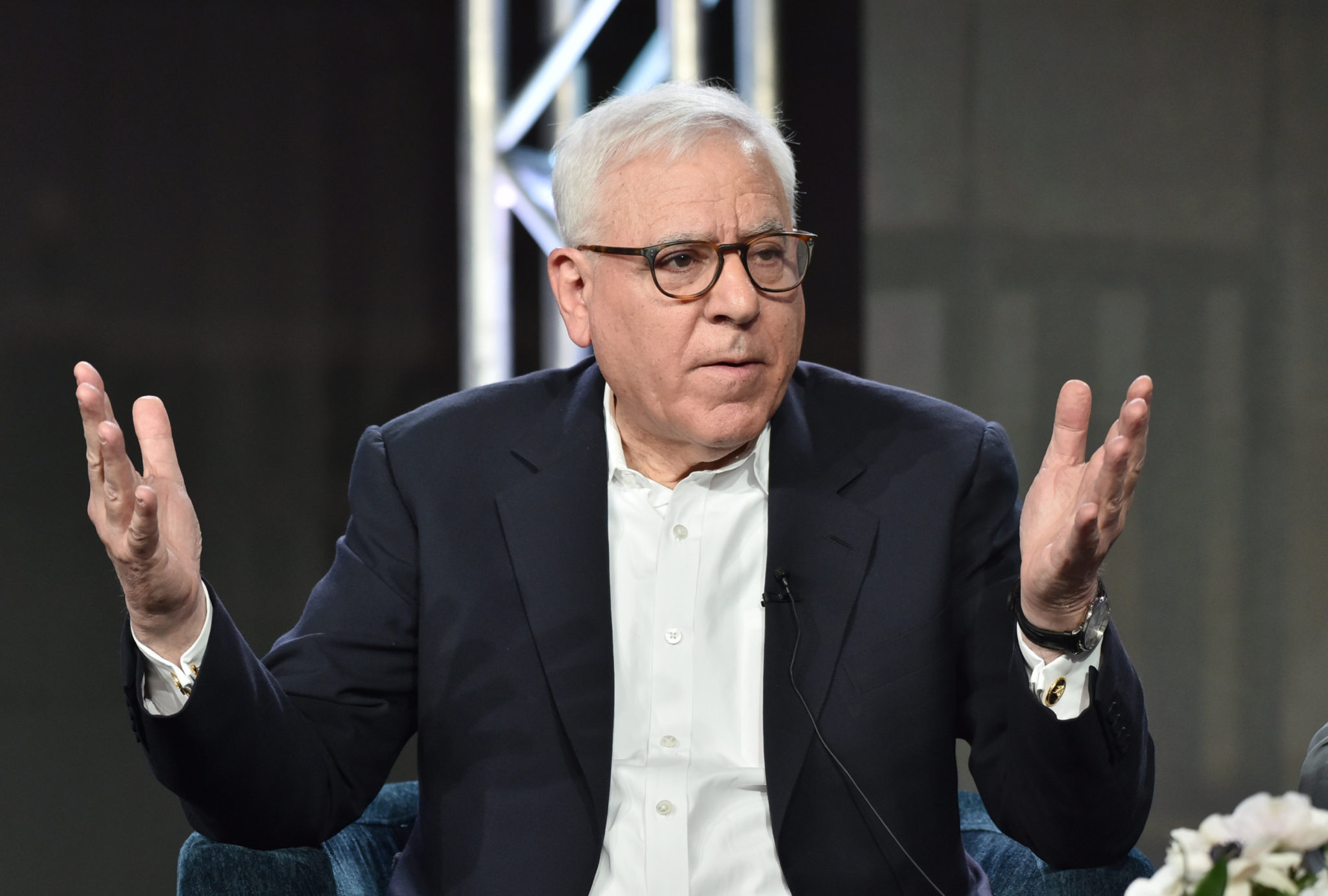We get it. If you’re David Rubenstein, leading a group that is reportedly buying the Baltimore Orioles makes all the sense in the world. Professional sports franchises are rare and valuable assets—a real “Line Goes Up” investment class. As a private equity mogul and co-founder of the Carlyle Group, Rubenstein can afford his share of the $1.7 billion price tag. A Baltimore native, he’ll have the best seats in the house—oh, and also operational control—of his hometown MLB team, which after years of abject sucktitude is brimming with young talent and coming off a playoff appearance.
That said, does Rubenstein truly understand what he’s getting himself into?
Here’s the thing: It’s pretty darn great to be a preposterously rich person in America, circa 2024. Presidents want to make you an ambassador. Television producers want you to star on game shows. Biographers celebrate you; airport bookstore customers look upon your artfully-lit cover headshots and despair. One major political party’s basic economic philosophy is that you should get even richer, as quickly as possible; the other party also wants to grow your pile, just more slowly. You can be a petty, selfish, narcissistic, downright harmful jackass in both your public and private lives, and an army of social media stans and op-ed columnists will not only defend your right to do so, but hold you up as a role model while lauding your big-brained six sigma ability to play 4-D chess. Oh, and our esteemed Electoral College might even put you in the White House!
But sports ownership? It’s different, man. It turns this whole cultural dynamic upside down. Buy a team, and you can forget about the joy of trickle-down economics—instead, you’ve just entered a realm where s__t rolls uphill. Because sports fans are different. They’re seldom happy, never satisfied, perpetually aggrieved, convinced they can do it better, and looking for someone to blame. They haven’t merely adopted Talk Radio Brain. They were born into it, molded by it. And guess who they land on when things go south? That’s right. You.
Sure, sure: you’re not the person out there on the field, flubbing pop-ups, tossing meatballs, whiffing on pitches. You’re not making ill-fated, inexplicable, indefensible lineup, trade, and draft-day decisions. (Well, not usually). You’re just some Davos type in a luxury box, collecting checks from TV networks and signing them in turn for players and coaches. Only that doesn’t matter! Like it or not, you’re now the face of your franchise, the great and mighty Oz, the person behind the desk where the buck stops. When you own a team, you don’t just own a juicy asset. You own every bust, every flop, every choke, every loss.
Bad news: your wealth no longer creates a reality distortion field of reflexive admiration from your fellow citizens. Instead, it makes you a bigger target. Why aren’t you spending more on better players? Why are you spending so much on bad players? How could you be good at amassing wealth and so bad at amassing wins? Even worse news: this newfound skepticism and scrutiny extends outside the lines, too. Standard-issue tycoons can dodge taxes, use smash-and-grab business strategies, buy outside political influence, and demand massive, wholly-unnecessary public subsidies more or less to their heart’s content—only a few reporters at ProPublica might make a fuss about it. Sports owners, by contrast, are regularly pilloried for doing the exact same stuff, largely because the public actually pays attention. Not even Congress—a branch of government that spends much of its time begging rich folks for money!—can be trusted to look the other way when owners behave badly.
Maybe Rubenstein knows all this. And maybe he assumed that he’ll be fine, that his well-deserved philanthropic reputation—let’s not dwell on how all that largesse was largely generated, okay?—and, uh, personal non-Dan Snyder-ness will insulate him from the worst and most unfair criticism and scrutiny. If so, he’s mistaken. Again: sports fans are totally freaking unreasonable. They don’t care about your patronage of the National Zoo pandas, or if you’re basically an unobjectionable human being in your free time. They just want to win, and win again, and win some more, and even though success in professional sports is extraordinarily difficult to achieve and downright impossible to maintain over any great length of time, they expect and demand it anyway. They want the line to go up, always and forever. In that sense, they’re a whole lot like the people with enough money to buy teams. And you know the old saying about what familiarity breeds.


















